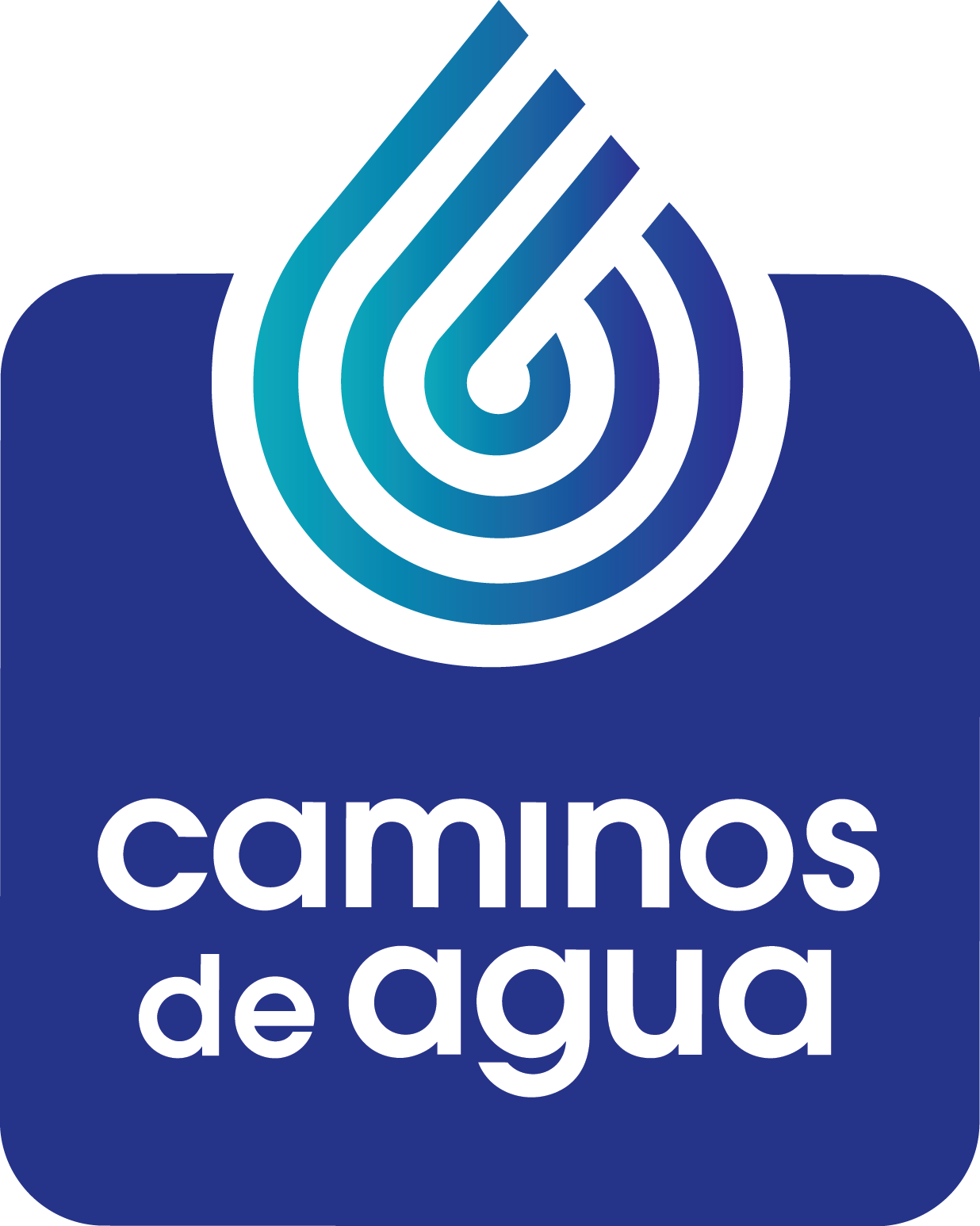Caminos de Agua attended the first national conference on rainwater harvesting
In mid November, two representatives from Caminos de Agua traveled to Guadalajara for the first ever annual Mexican rainwater harvesting system conference (1er congreso de captación de agua de lluvia).
Elena Diek (a former volunteer now working on her master's thesis) and Aaron Krupp (our Research and Technology Development Coordinator) set up a table to promote our educational materials and ceramic water filters. At the table, Elena and Aaron discussed our work at Caminos de Agua with other rainwater harvesting professionals from around the country and emphasized the importance of treating stored rainwater before it is consumed.
Besides promoting our work, Elena and Aaron attended the opening ceremony, two days of keynote lectures and various smaller presentations on personal and academic projects. Highlights included speakers from various countries – including Japan, Colombia, Brazil, the United States, and, of course, Mexico. Speakers spoke about various topics, including building roofs to facilitate rainwater harvesting in remote communities, developing federal regulations around rainwater harvesting systems, and creating government subsidies for widespread rainwater harvesting project implementation. Smaller presentations focused on the local water context in the state of Jalisco, passive rainwater systems in Baja California, building personal systems in Guadalajara, adapting a university campus, among a variety of other topics.
Additionally, the representatives from Caminos de Agua were invited to attend a roundtable discussion on developing Mexican standards for rainwater harvesting systems. The room included representatives from federal and state government, industry, universities, and other NGO's. We hope that this process of developing standards for rainwater harvesting systems throughout the country will lead to more widespread rainwater harvesting and more sustainable and healthy water use. We are looking forward to being involved in the standard-development process to make sure that any new rainwater-related legislation is relevant to the Independence Watershed context and includes provisions for water supply in the region's most vulnerable communities.
The conference was coordinated by AMSCALL (the Mexican Organization of Rainwater Harvesting Systems), a group based in Guadalajara. We hope that this conference is the first of many productive meetings of Mexico's growing rainwater harvesting community and that it has begun an effective and inclusive process of developing system standards for all of Mexico. It has been an honor and a privilege to be involved in this process.









